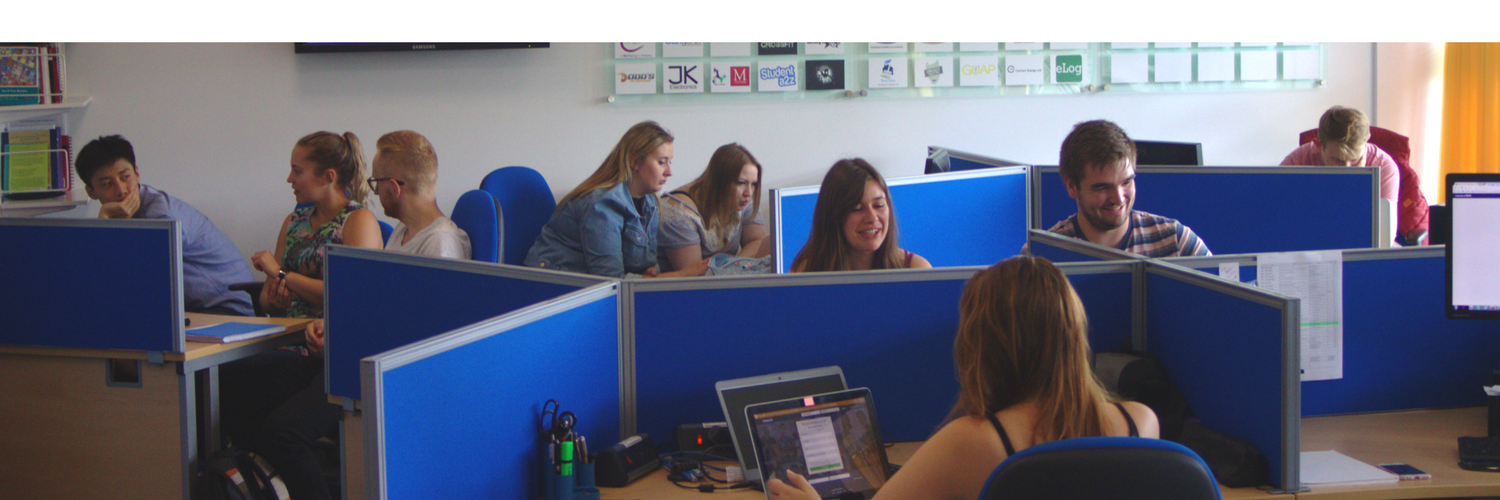A key aspect of your university life is the new people that you meet, and an increased ability to connect with new people, both on personal and professional levels. The most immediate way in which this becomes clear is usually Fresher’s Week, where you are bombarded with new faces. However, it continues throughout university, and actually provides a very important skill for the business world: networking.
Being socially capable is a skill that is often underestimated, and also one which can be learned and honed. Throughout school it is more often seen in the slightly awkward teenage aspect, but at university it can be important to see it in another light – professional relationships. Building good professional relationships is absolutely key to any business role, and is often the difference between a successful and unsuccessful business. At university, you can learn to connect with people on a professional as well a personal level.
Furthermore, at university it is often necessary to go out of your way to meet new people and network. For most people growing up, friends and acquaintances seem to happen essentially by accident. At school, relationships develop almost out of necessity – but at university you may need to try a little harder. Putting yourself outside of your comfort zone, learning to initiate a relationship of any kind and generally putting your personality out there is something you need to have the confidence to do in a business role.

If you’ve got to the point where you can confidently meet people and socialise, you may wonder what else it is that you need to do. It is clear that this is where the university experience is particularly useful. While at university, you will often need to develop relationships which are on the basis of a shared goal. For instance, a group presentation for a seminar, a discussion on how to raise funds for your society, or discussing tactics for your sports club. These are all situations where you need to understand how to discuss and achieve a goal effectively. If you are unable to do this, business decisions may be delayed and will almost certainly be less effective. Thankfully, university life gives you the opportunity to practice this skill.
As has been mentioned, you meet a vast number of people at university. Especially in terms of your course mates, there is a relatively high chance you will eventually work with somebody you meet there, directly or indirectly. To gain and maintain positive relationships with people at university could well benefit you several years down the line. It may be securing a deal on the grounds of friendly relations from your university years, or simply knowing somebody who is an expert in a particular field – it is always a good thing to have a strong network of positive relationships.
Finally, one of the most intimidating things in a new job, particularly if you have entered into a graduate role, is meeting your new manager, or an important client. You may feel that you have no experience speaking to somebody of their seniority or experience. Your university networking skills can come in handy here, too. Lecturers and professors are experts in their field, often with impressive CVs and intimidating intellect. Facing down a difficult question in a seminar is challenging, but it is likely that you got through it and realised that your lecturer is really only a person too. They may be more experienced than you, but if you have confidence, there is nothing to fear. Remember this with scary bosses and clients, and you’ll be ahead of the game.
Meeting new people is very often cited in university prospectuses, as well as personal statements. However, it’s not an empty cliché. Meeting new people from various backgrounds and learning how to understand and communicate with them in an effective and productive way is a skill that will prove invaluable throughout a business career.

‘I’ve just graduated from the University of Kent with a 2:1 in History. I’m going on to study for a Masters in Journalism also with Kent, starting in September. I took a bit of a circuitous route to university, via a year travelling and an attempt at a career as a chef, but I’m now happily looking forward to pursuing a career in journalism.’

